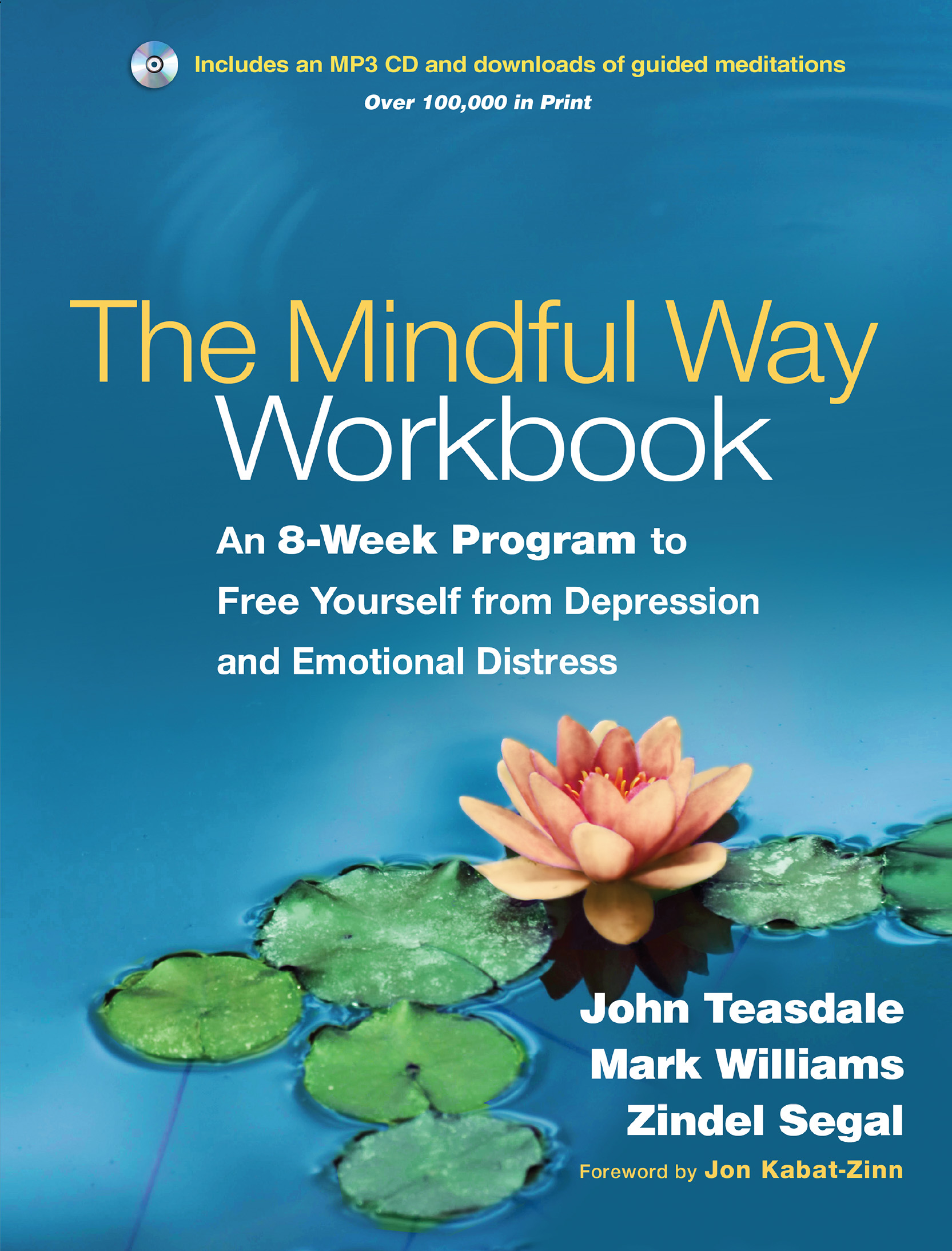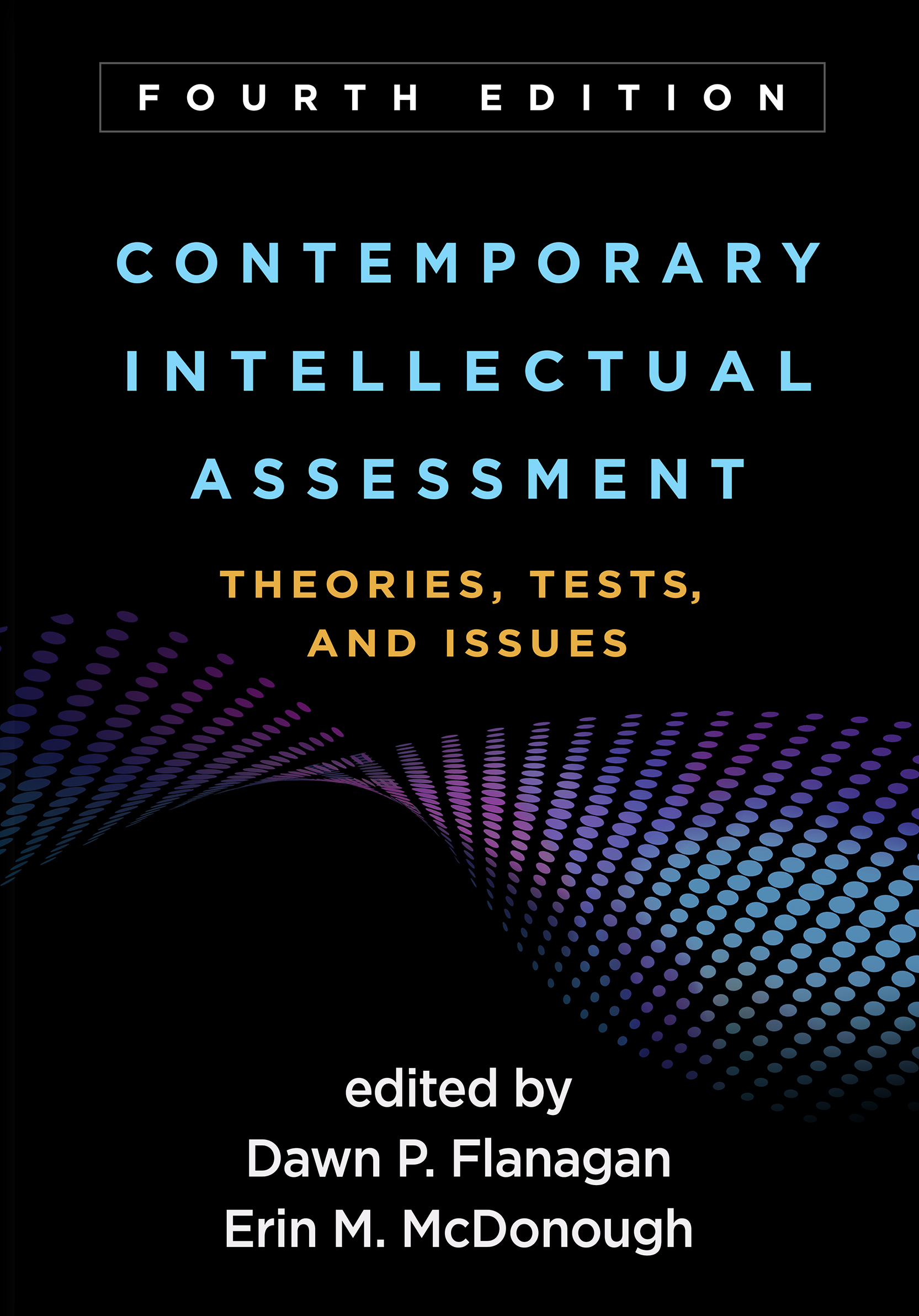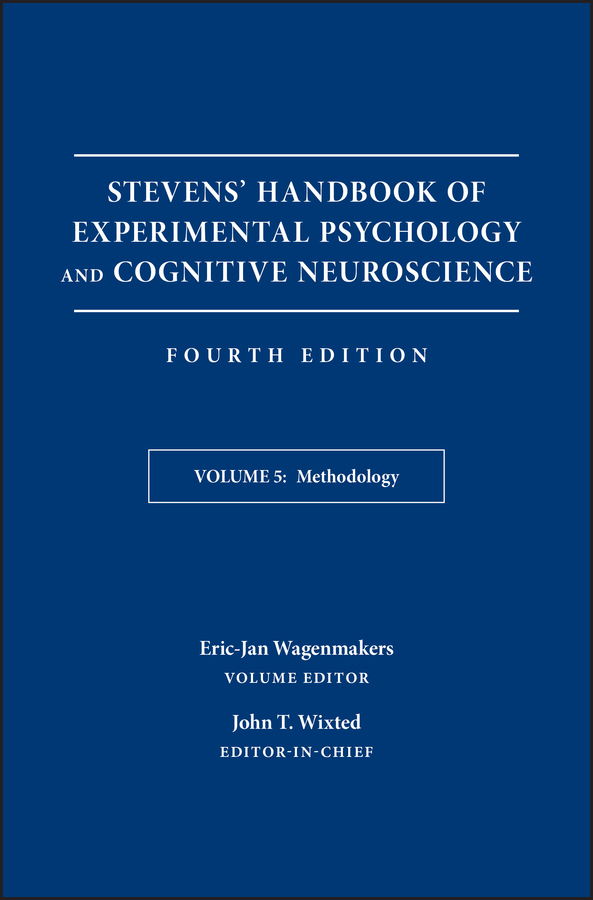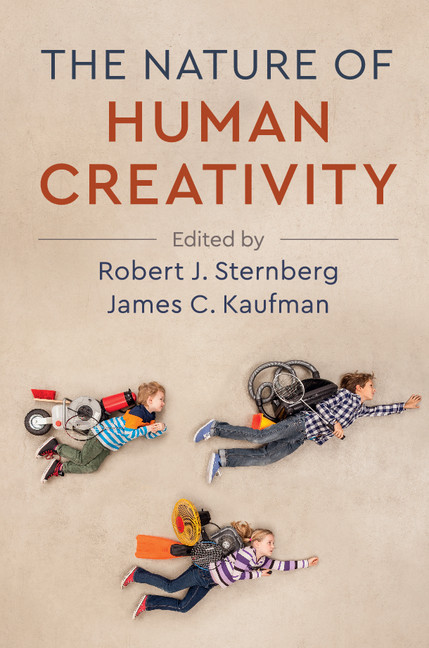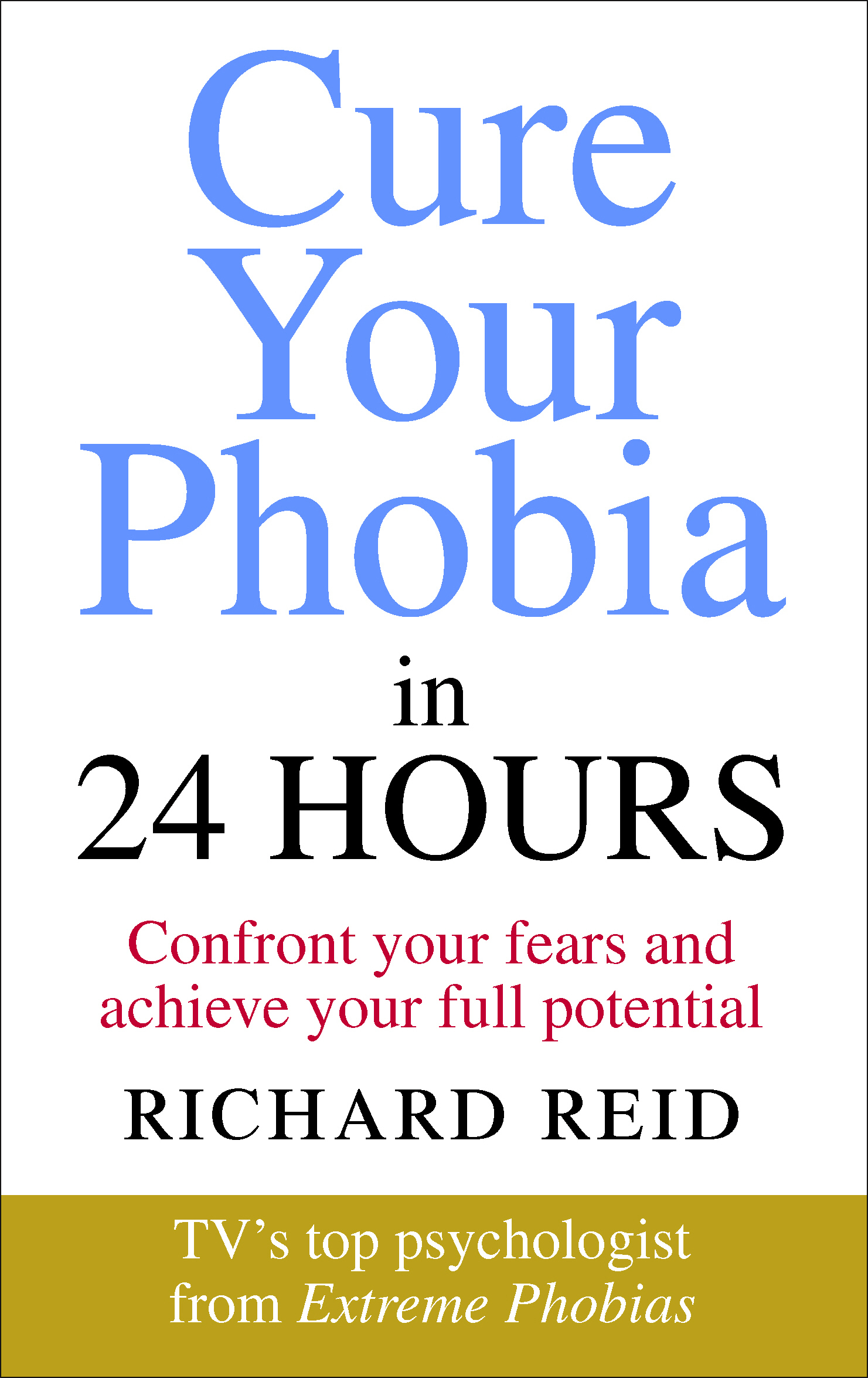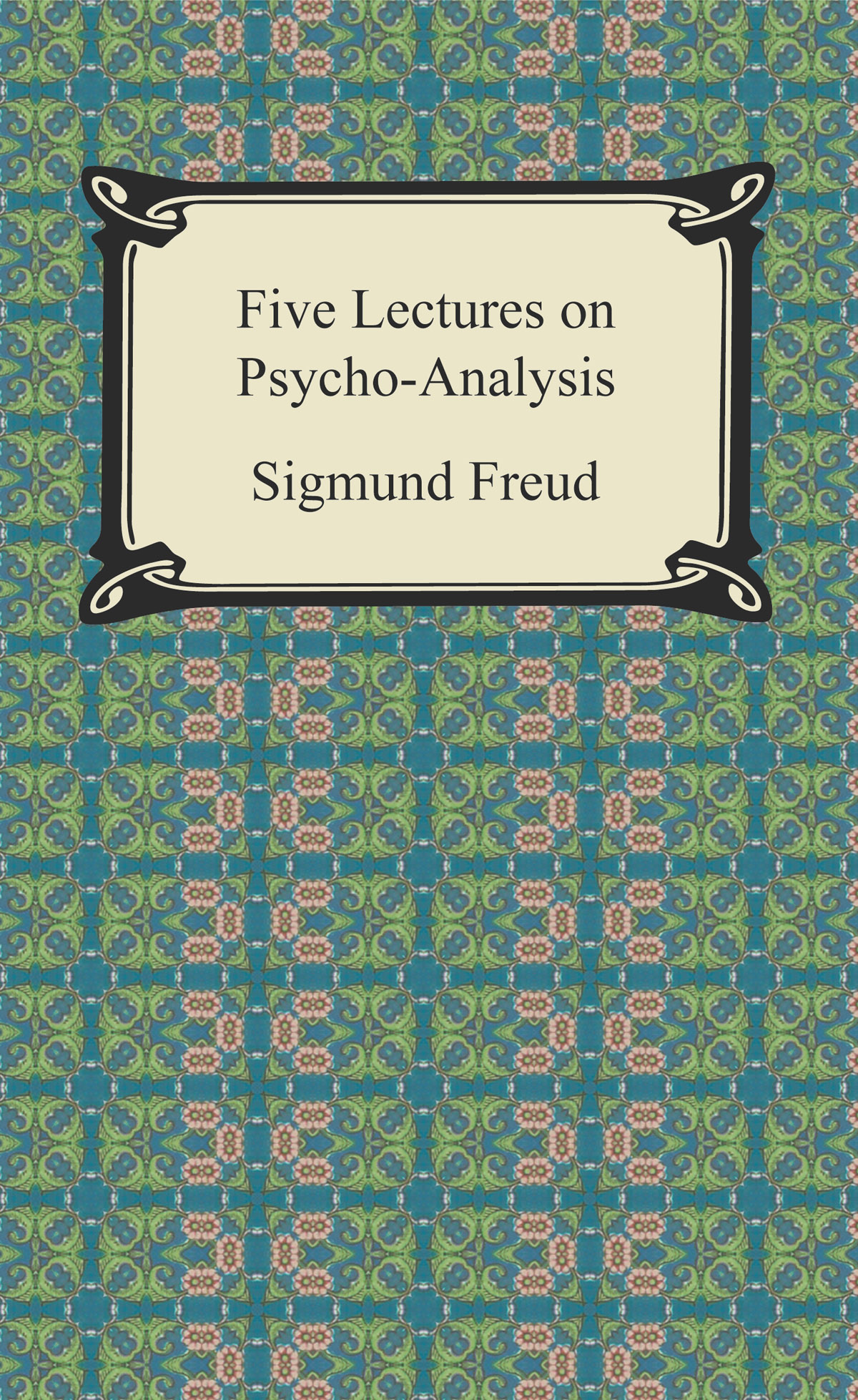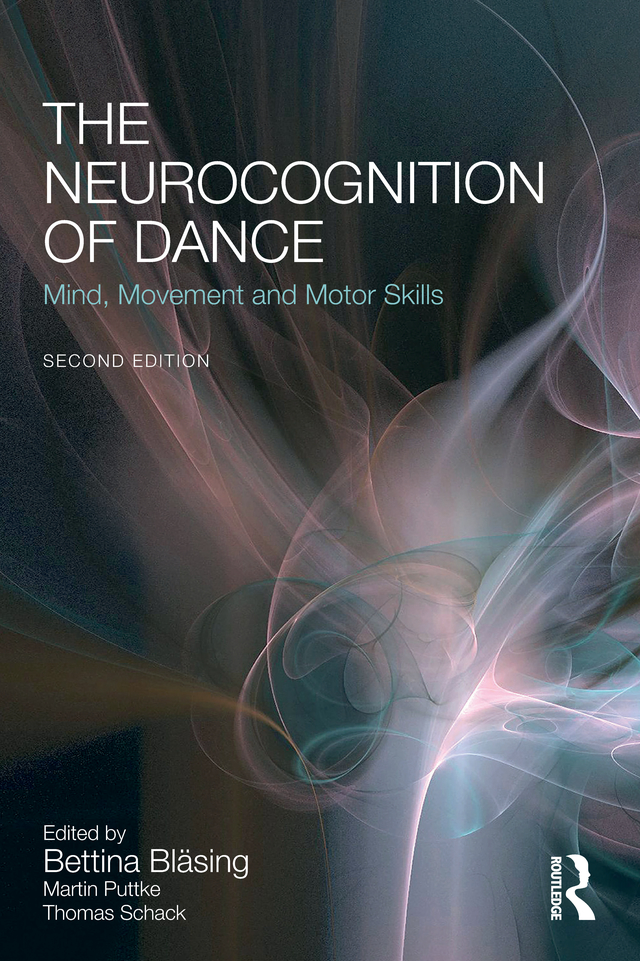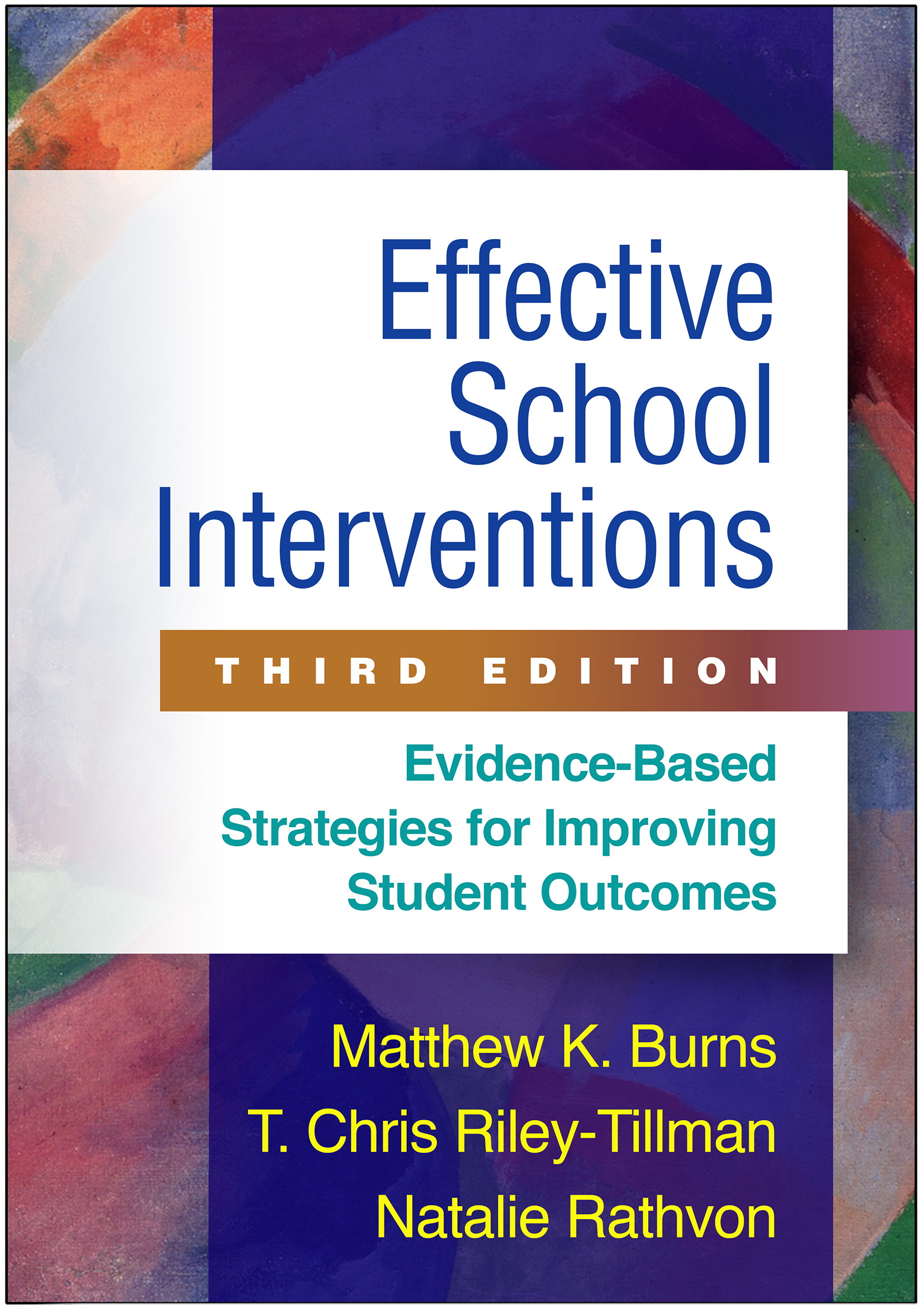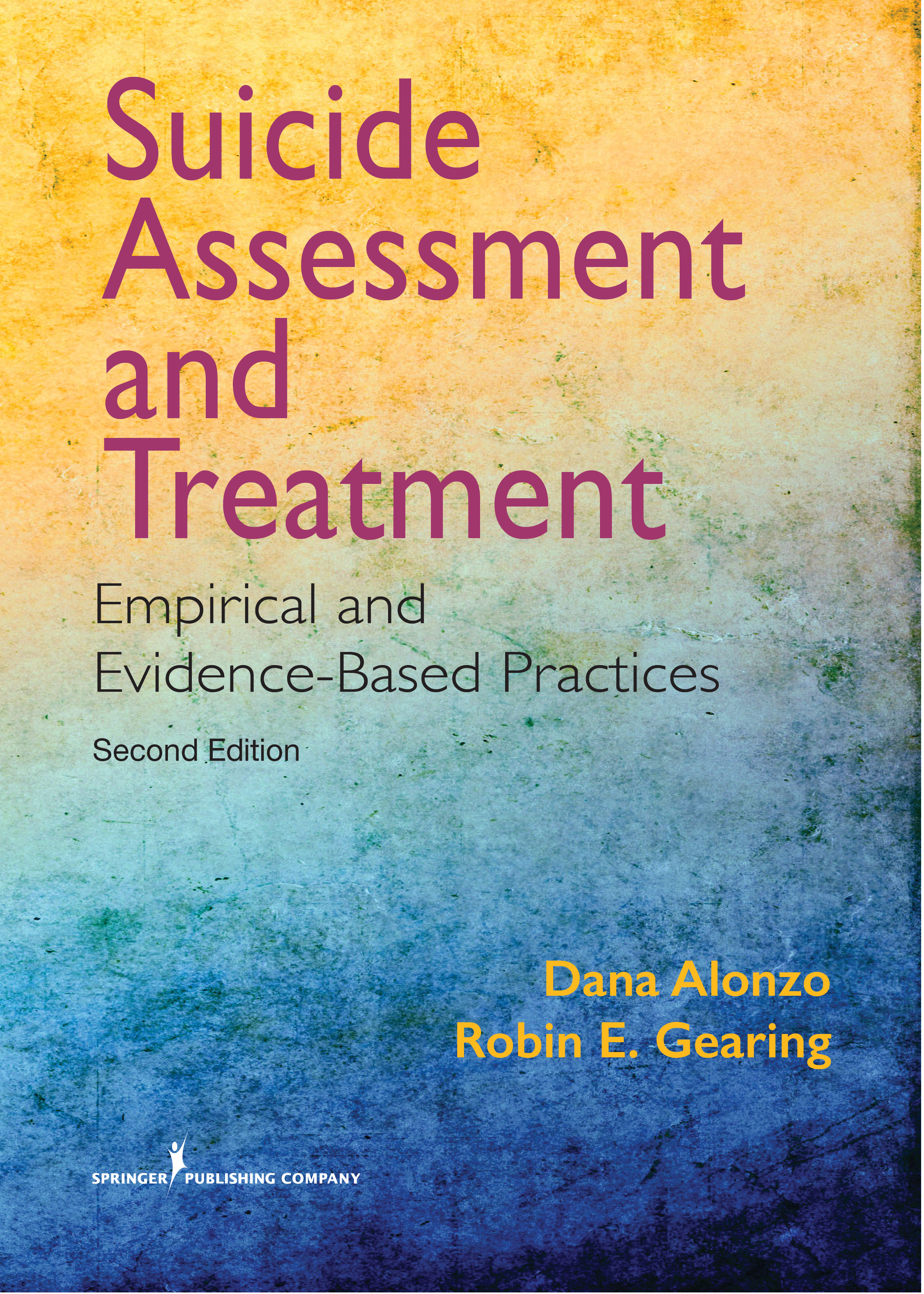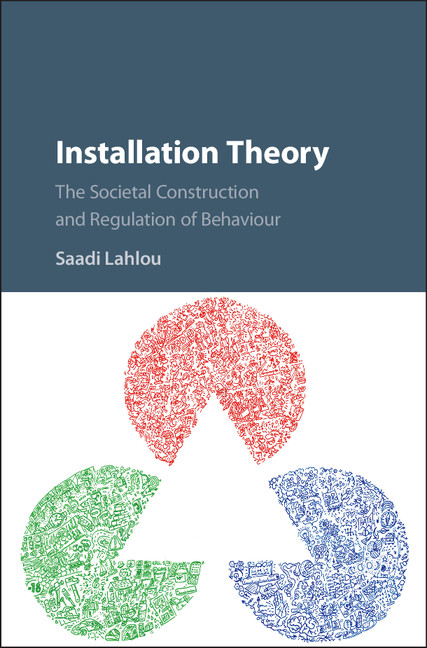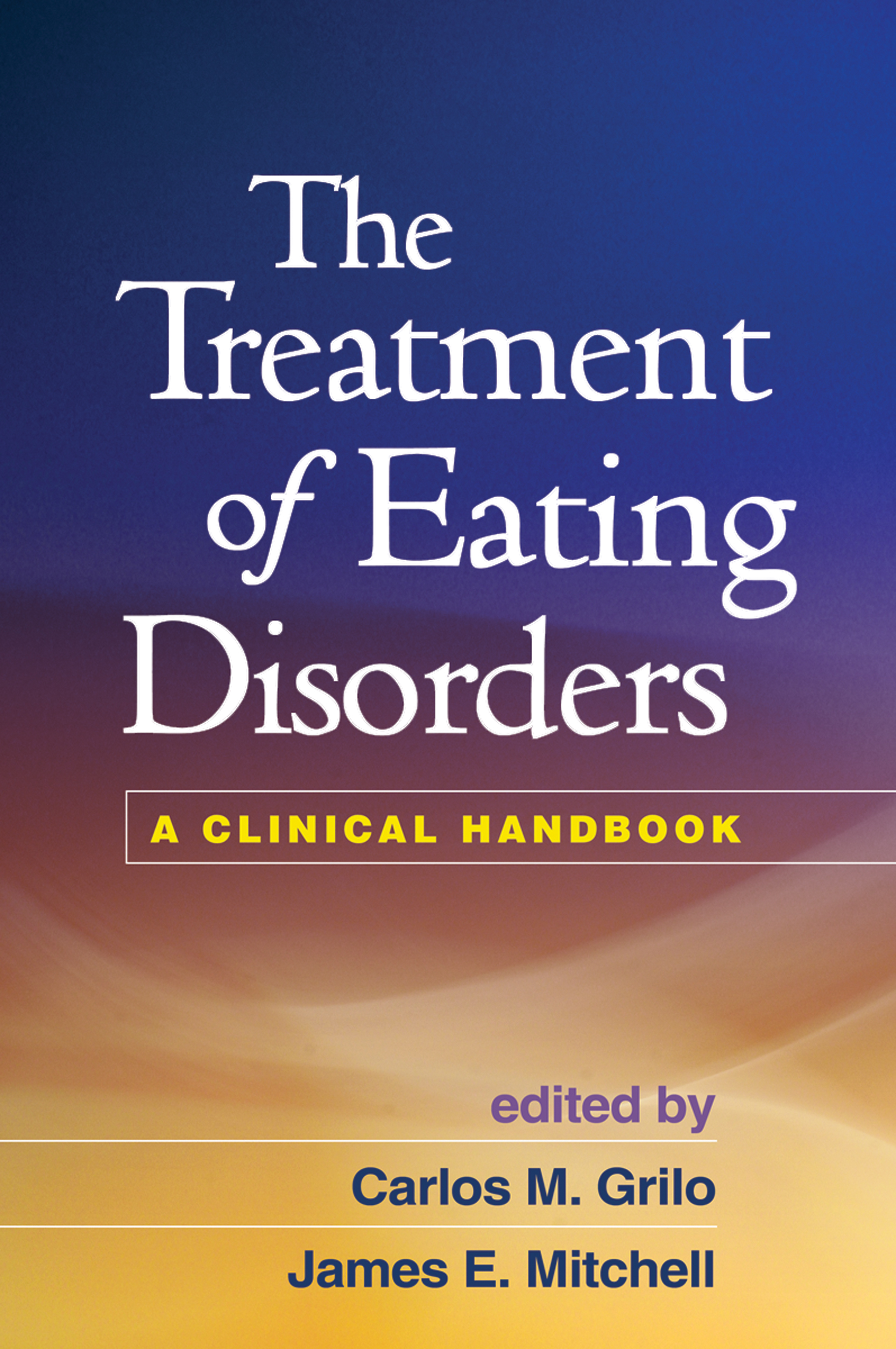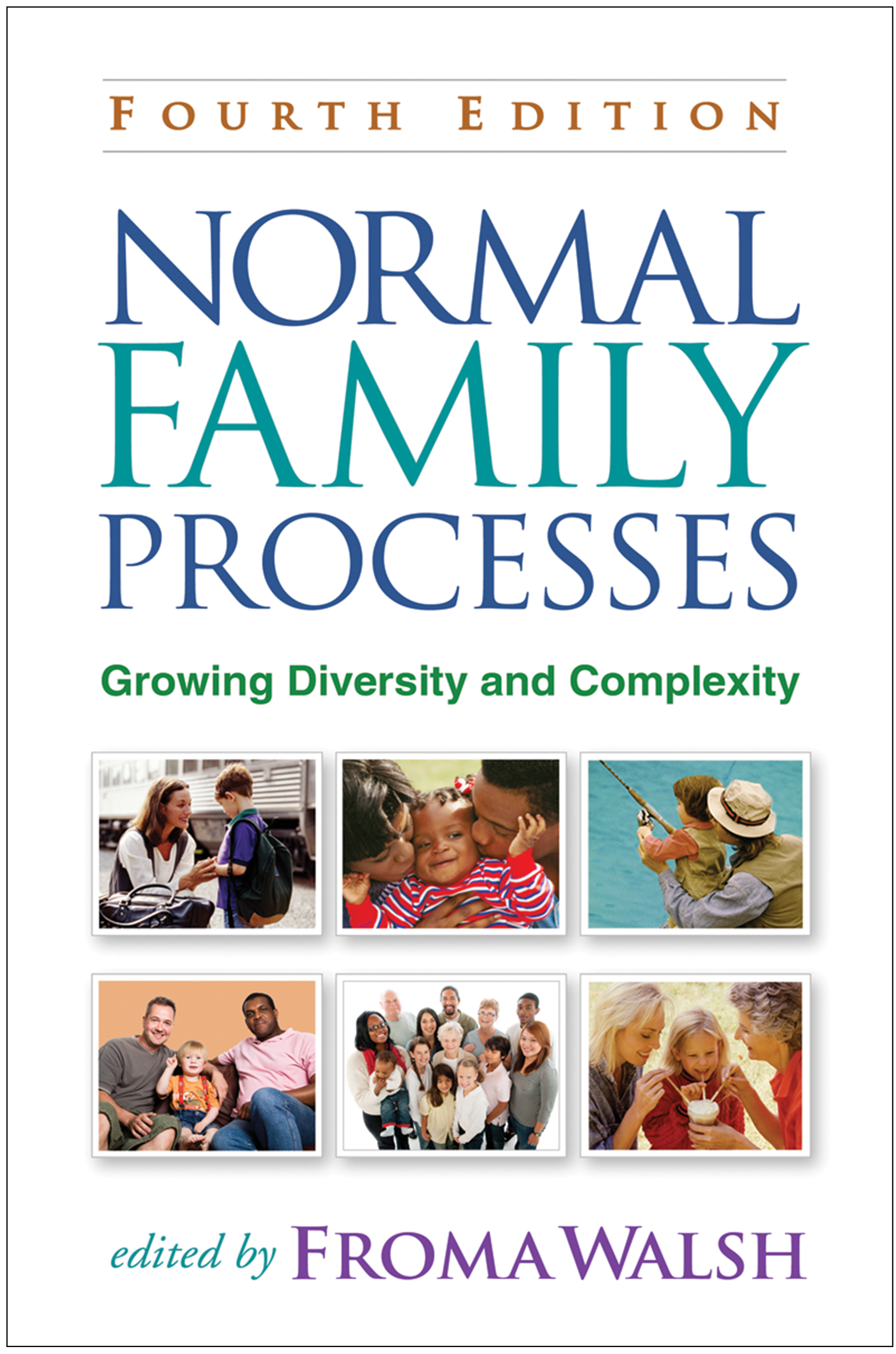
- Browse Category
Subjects
 We Begin at the EndLearn More
We Begin at the EndLearn More - Choice Picks
- Top 100 Free Books
- Blog
- Recently Added
- Submit your eBook
password reset instructions

It is important to emphasize that advances in CBT have been made on the basis of both research and clinical practice. Indeed, CBT is an approach for which there is ample scientific evidence that the methods that have been developed actually produce change. In this manner, CBT differs from many other forms of psychological treatment. CBT treatment usually involves efforts to change thinking patterns. These strategies might include:
- Learning to recognize one's distortions in thinking that are creating problems, and then to reevaluate them in light of reality.
- Gaining a better understanding of the behavior and motivation of others.
- Using problem-solving skills to cope with difficult situations.
- Learning to develop a greater sense of confidence in one's own abilities.
With this book, you will learn: - A step-by-step guide to Cognitive Behavioral Therapy
- The basic premise of Cognitive Behavioral Therapy and how it can benefit you in daily life
- How age affects the symptoms and onset of anxiety
- Cognitive Behavioral Therapy and its effects on mood disorders
- The 8 mistakes to avoid in Cognitive Behavioral Therapy
- All the science-based Cognitive Behavioral Therapy techniques — UNCOVERED
- The role Cognitive Behavioral Therapy plays in cognitive disorders
- Publication date
- Language
- ISBN
- August 4, 2021
- English
- c2859e90-fed0-4e9c-9705-fa1fbc7a9128




